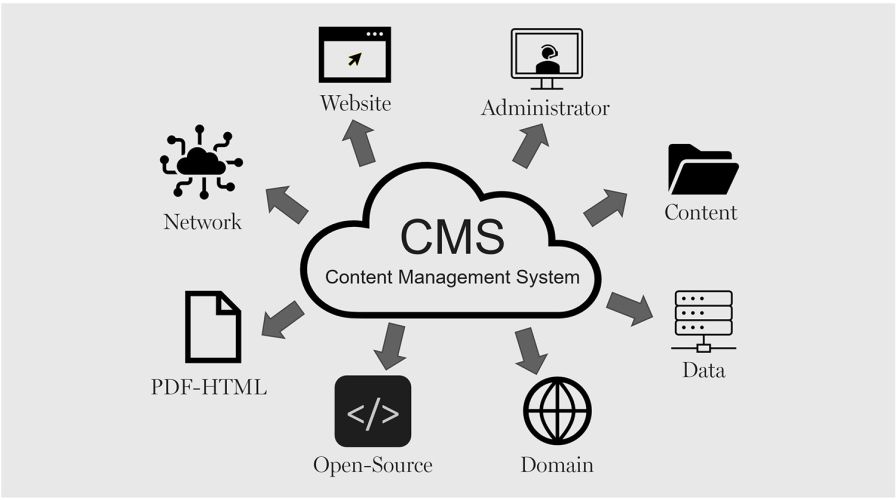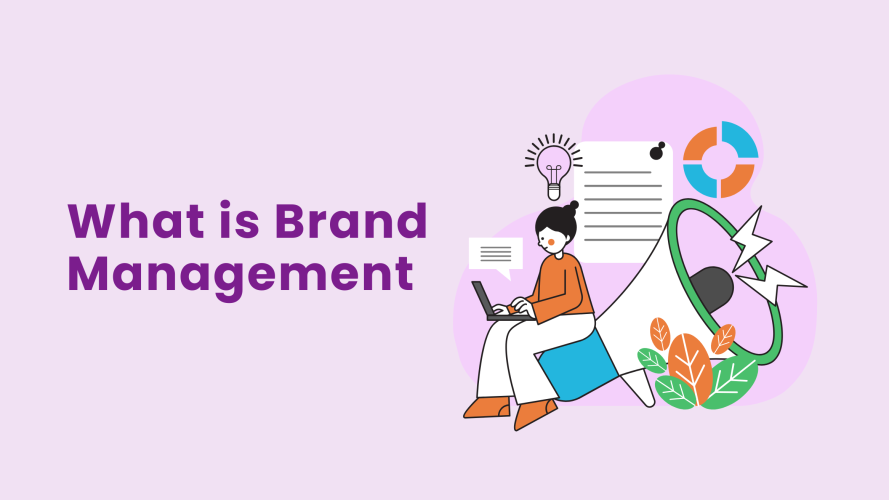In today’s digital age, artificial intelligence is revolutionizing how people search for information online. AI systems, like Google’s AI Overviews and conversational platforms such as ChatGPT, make the research process faster, more accurate, and personalized. As businesses compete for attention, staying visible in AI-driven search results is crucial. The key lies in mastering Generative Engine Optimization (GEO)—a practice that enhances your content’s discoverability on AI platforms.

At NICREST, we understand the growing impact of artificial intelligence on search engine visibility and the need for businesses to stay relevant in this changing landscape. This guide will help you understand how to improve your site’s visibility using artificial intelligence optimization strategies, so you can drive more traffic and conversions.
Understanding AI-Powered Search Results
Artificial intelligence-powered snippets on platforms like Google and Bing offer direct answers to user queries, simplifying the online search process. However, while convenient for users, it has become more challenging for businesses to maintain a strong online presence. That’s where Generative Engine Optimization (GEO) comes in. Understanding how these systems work is the first step in improving your visibility.
Google AI Overviews
Google’s AI Overviews—formerly known as the Search Generative Experience (SGE)—are AI-powered summaries that appear above the regular search results. These summaries, generated using artificial intelligence, answer user queries directly by providing concise responses. Here’s what affects rankings in Google’s AI Overviews:
- Large language models (LLMs) like PaLM2, MUM, and Gemini
- Google’s core ranking systems, including PageRank and spam detection
- Search intent
- Databases such as Google’s Shopping Graph and Knowledge Graph
- Ranking factors relevant to sensitive topics, such as Your Money or Your Life (YMYL) queries (finance, health, etc.)
- Structured data and compelling multimedia
Bing AI Summaries
Microsoft Bing also uses artificial intelligence to generate AI-powered summaries. These concise responses appear above organic search results, providing direct answers to search queries. While the specifics of Bing’s ranking system for AI summaries are less clear, it’s widely believed that Bing’s traditional SEO factors—such as content quality, keyword usage, and click-through rate—remain key components.
4 Key Strategies to Improve Visibility in AI-Powered Search Results
At NICREST, we know that visibility in artificial intelligence-driven results is essential for business success. To stand out, your content needs to meet the unique demands of AI-driven search algorithms. Here’s how to optimize for artificial intelligence results:
1. Clearly Address Search Intent
The primary goal of AI search systems is to quickly provide accurate answers to user queries. Your content must be designed to meet this need by addressing search intent clearly and concisely.
Artificial intelligence systems prioritize content that directly answers questions, so your content should:
- Present key information in the first few lines
- Use structured headings, such as “What is [Topic]?” followed by a clear answer
By aligning your content with the specific queries users ask, artificial intelligence systems will be more likely to select and highlight your information, improving visibility.
2. Optimize for E-E-A-T Signals
AI systems favor content that demonstrates Experience, Expertise, Authority, and Trust (E-E-A-T). To build these signals, businesses should:
- Highlight certifications, case studies, and testimonials to demonstrate authority.
- Use an authoritative tone backed by reliable data, industry studies, or quotes from experts.
- Link to external resources to validate claims and enhance credibility.
For example, linking to trusted external sources such as Google’s AI Best Practices or other relevant studies can strengthen the trustworthiness of your content. At NICREST, we recommend incorporating external sources to establish authority and appeal to artificial intelligence systems.
3. Target Long-Tail Keywords
Artificial intelligence systems are designed to answer detailed queries in a conversational tone. To optimize for AI-driven search results, focus on long-tail keywords that mimic how people phrase their questions.
For instance, rather than focusing solely on the keyword artificial intelligence, target more specific phrases like “How does artificial intelligence improve search visibility?” This approach better aligns your content with the way users ask complex questions, increasing your chances of appearing in AI-powered results.
Example of long-tail keyword use:
- Rather than simply using artificial intelligence, opt for detailed phrases such as “best practices for improving visibility with artificial intelligence.”
By targeting long-tail keywords, you improve your content’s relevance to artificial intelligence systems.
4. Follow SEO Best Practices
Following general SEO best practices is still essential for ranking well in artificial intelligence-driven results. These include:
- Optimizing for PageRank, BERT, and RankBrain
- Ensuring content freshness by updating and maintaining relevance
- Crafting high-quality, original content that answers user needs
By applying SEO fundamentals alongside artificial intelligence optimization, you increase the chances of ranking higher in both organic and AI-powered search results.
Increasing Visibility on AI-Powered Answer Engines and Chatbots
Answer Engine Optimization (AEO) is essential for visibility on artificial intelligence platforms like ChatGPT, Claude, and Gemini. AEO focuses on optimizing your content to ensure it appears in AI-generated responses to user queries. Just like SEO, AEO uses several strategies, such as improving crawlability and building authority.
Improve Your Site’s Crawlability
AI-driven platforms rely on web crawlers to understand and index your site content. To ensure your site is easily crawlable, implement these best practices:
- Break your content into clearly defined sections
- Optimize meta tags and titles for clarity
- Ensure your website is easy to navigate
By making your site more crawlable, you increase the chances of being included in artificial intelligence responses.
Build Authority through Mentions and Backlinks
Authority plays a major role in increasing visibility on artificial intelligence platforms. Backlinks from reputable websites help build your brand’s authority, which improves rankings in AI responses.
For example, if authoritative websites such as Forbes or TechCrunch mention your product or service, it enhances your credibility. Artificial intelligence systems are more likely to include content from sources that are deemed trustworthy.
Generate Reviews and Recommendations
Customer reviews and recommendations can also enhance your business’s authority in AI-generated results. AI platforms often favor businesses with positive customer feedback, so make sure to feature testimonials prominently on your site.
By incorporating reviews and recommendations, you signal to artificial intelligence systems that your business is trustworthy, which can improve your ranking in AI-powered responses.
Keep Content Fresh
Regularly updating your content ensures it remains relevant and up-to-date, a factor that artificial intelligence platforms prioritize when generating responses. Outdated information is less likely to be featured in AI results, so keeping your content fresh is key to maintaining visibility.
Conclusion
As artificial intelligence continues to shape the way users search for information, businesses must adapt their digital marketing strategies accordingly. Implementing Generative Engine Optimization (GEO) helps ensure your content stands out in AI-driven search results, driving more traffic to your website and improving customer engagement.
At NICREST, we specialize in creating content that not only attracts traditional search engines but also aligns with artificial intelligence algorithms. By following the strategies outlined above, your business can maintain a strong presence in this ever-evolving digital landscape.
For more insights on improving your business’s visibility through artificial intelligence, visit our guide on AI SEO strategies or explore content optimization tips for AI platforms.




